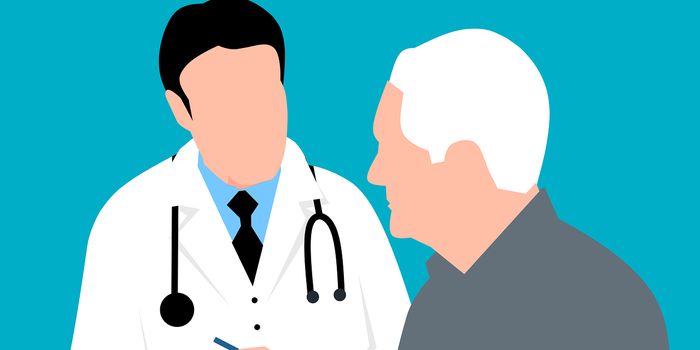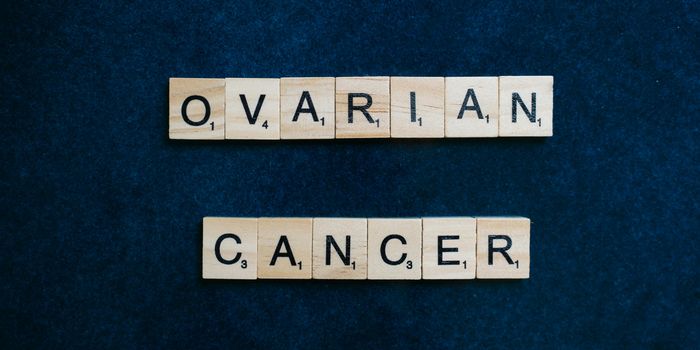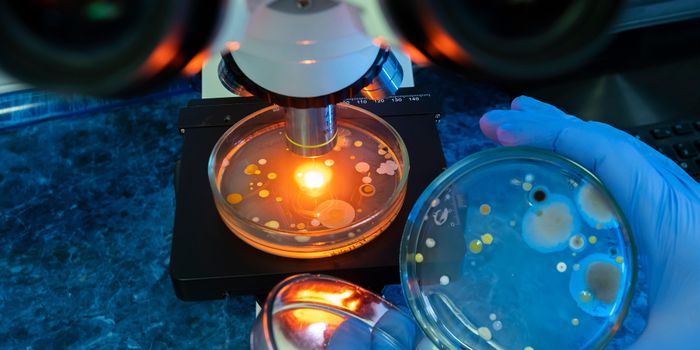What Makes Testicular Cancer More Susceptible to Chemo?
The type of cancer has a significant bearing for the patient’s prognosis. A patient diagnosed with aggressive brain cancer is likely to be faced with a long and difficult battle. By contrast, a person diagnosed with metastatic testicular cancer could still have a good shot of beating the cancer with the appropriate therapy. Why is testicular cancer so responsive to treatment when other cancers aren’t?
Researchers from the Cornell's College of Veterinary Medicine hoped to find the weakness of testicular cancer, in the hopes that we could apply this to other more intractable cancer types.
Using a mouse model that accurately mimics testicular cancer in humans, the team teased apart the various cell populations inside the tumors. By studying the unique properties of these cell populations, the team found a surprising answer to testicular cancer’s weakness: cancer stem cells.
Cancer stem cells have all the properties of normal stem cells, including the ability to self-renew and differentiate into other cells. They can also withstand more damage, which allows them to survive for longer and proliferate. Collectively, these properties allow cancer stem cells to resist a variety of therapies.
But the current study found the opposite in testicular cancer. In this disease, the cancer stem cells are the ones most susceptible to treatment. As a result, medical intervention for testicular cancer has a higher success rate, as compared to other cancer types.
"When testicular cancer stem cells are exposed to chemotherapy, those stem cells are actually more sensitive to it than other cells in the tumor," said Robert Weiss, the study’s senior author.
“We conclude that the chemosensitivity of TGCTs derives from the sensitivity of their cancer stem cells to DNA-damaging chemotherapy,” the authors concluded.
Of note, testicular cancer is not very common as compared to other cancers. A man’s lifetime risk of developing the disease is less 0.5 percent. Treatment is based on the tumor grade, and can include surgery, radiation therapy, chemotherapy, and even high-dose chemotherapy with stem cell transplant.
"The study provides new insights into the basis for the responsiveness of testicular cancer to chemotherapy, which has always been an intriguing observation, but the basis for it was not clear," said Weiss.
Additional sources: Cornell University









